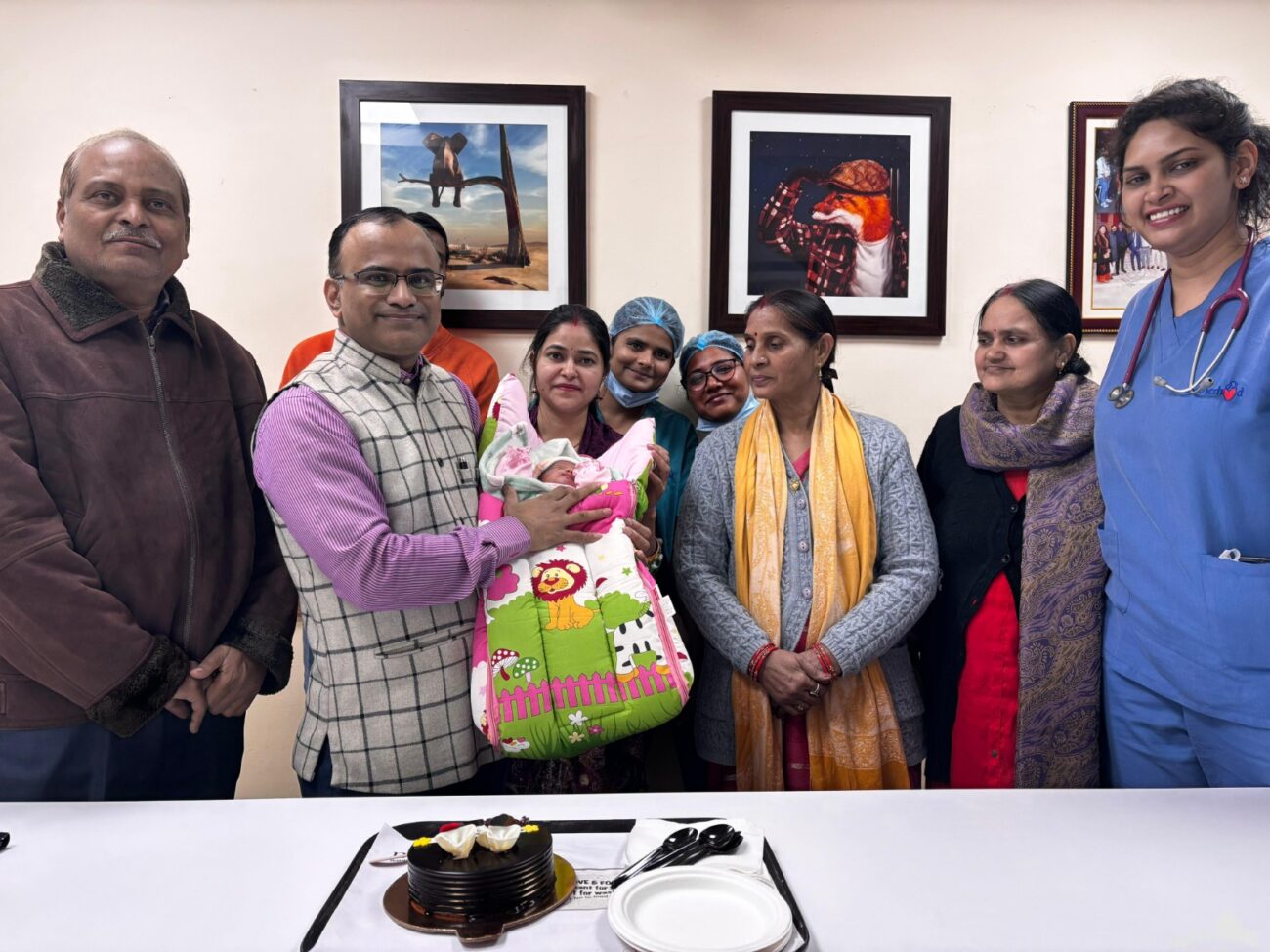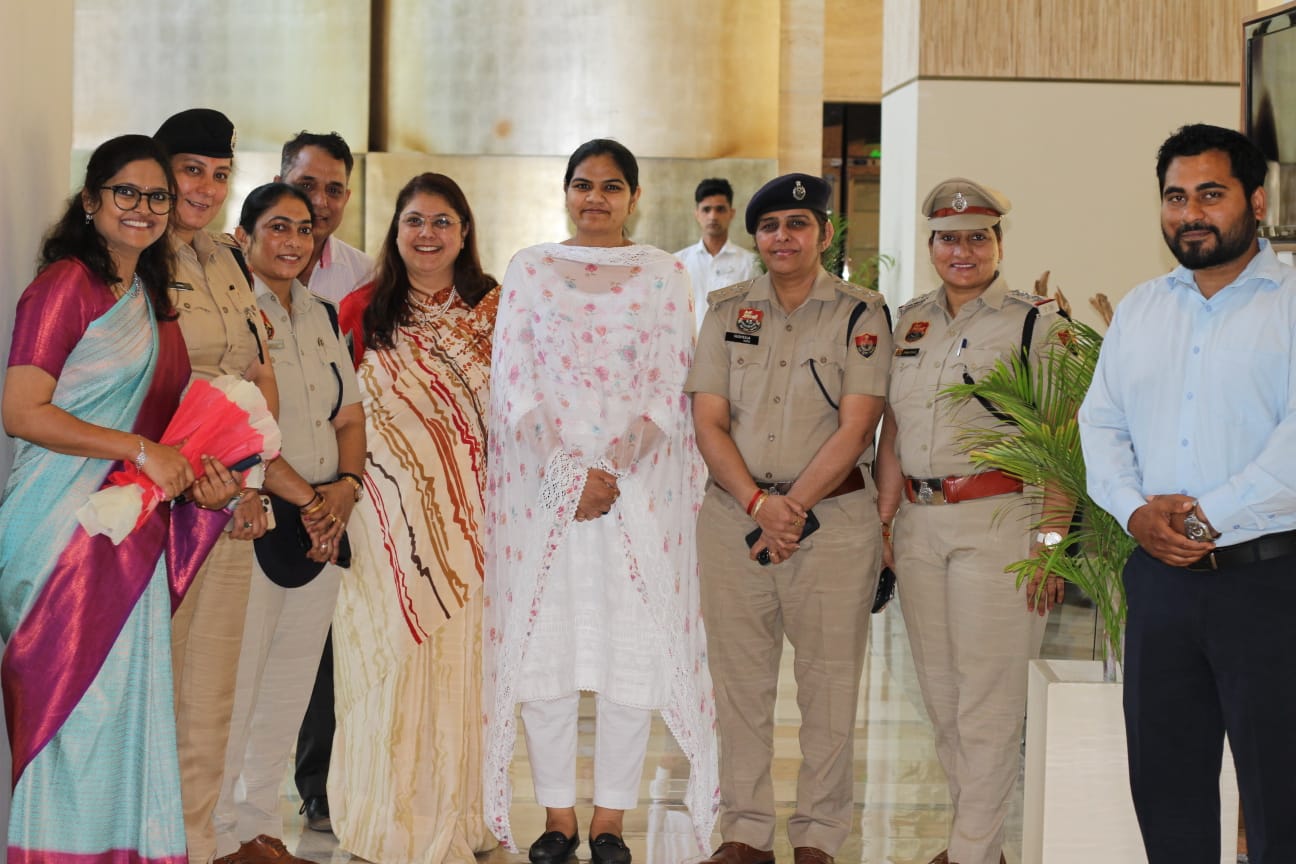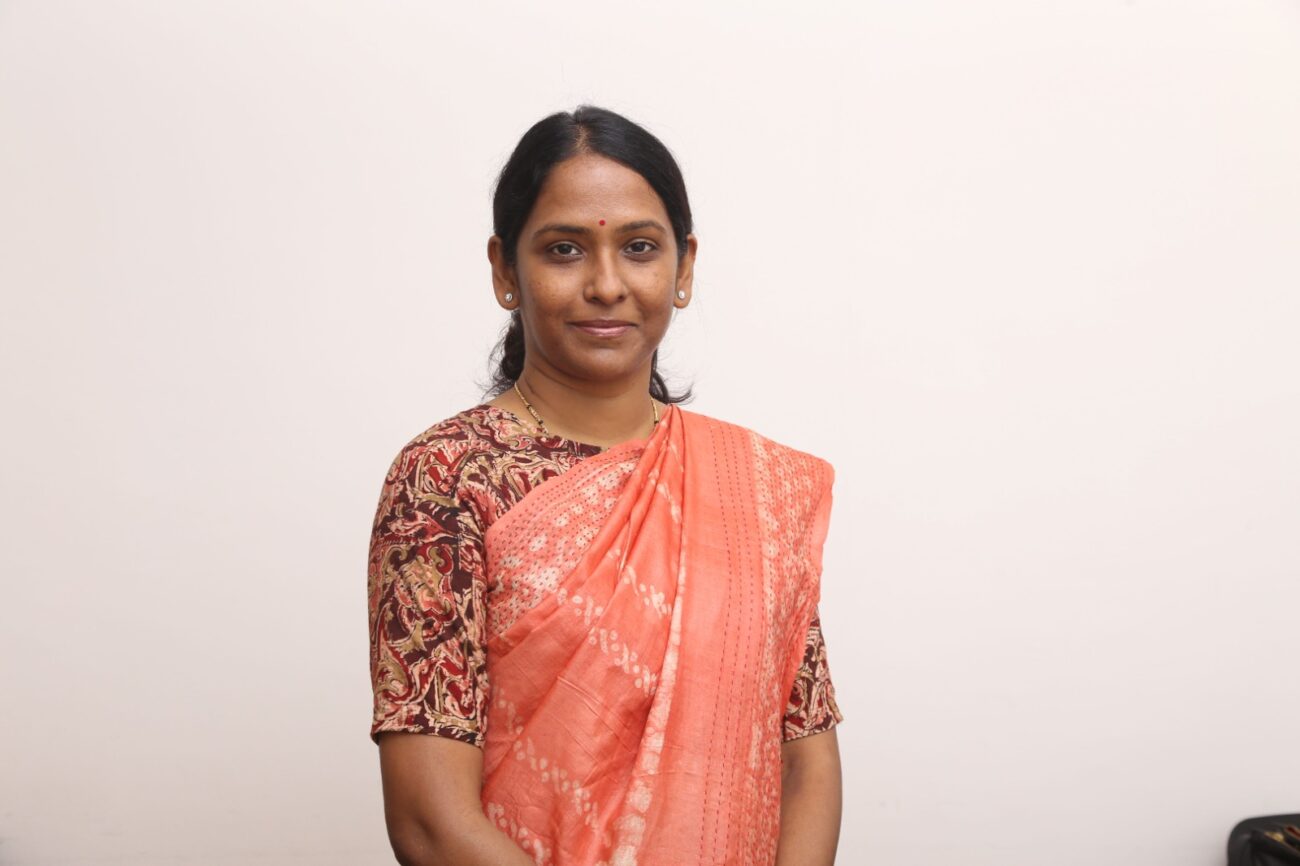Empowering and educating society to fight the fever of dengue
Authored by Dr. Subhash Gupta chairman of Red Cross Society, Ghaziabad Dengue fever remains a critical public health concern, especially in regions prone to outbreaks. Every year people die because of this deadly disease. As per India

Authored by Dr. Subhash Gupta chairman of Red Cross Society, Ghaziabad
Dengue fever remains a critical public health concern, especially in regions prone to outbreaks.
Every year people die because of this deadly disease. As per India Today report by September
17, 2023, India has officially recorded about 95,000 cases and 91 deaths. There were 303
deaths and 2.33 lakh in 2022. Ninety percent of the cases happened in June and November. A
study estimated that 3.3 crores of clinically apparent dengue cases occur annually in India,
contributing to a third of the global dengue burden. Increasing numbers of dengue cases and
fatalities are being reported in multiple urban and rural areas in India.
The female mosquito (Aedes aegypti) bite is the main cause of the spread of dengue. This
mosquito becomes infected when it takes the blood of a person infected with the virus. After
about one week, the mosquito can transmit the virus while it stings a person. In many regions of
India, it occurs because of improper drainage systems and water logging in some areas
because of heavy rainfall. Dengue virus is carried by vectors who carry infection from one
person to another. Aedes aegypti mosquito breeds in water and lays eggs in a minuscule
amount. Thus, it is asked not to let the water collect in open areas as it increases the chances of
breeding by Aedes aegypti mosquitoes. To effectively fight this dangerous mosquito-borne
disease, it is essential to empower and educate society on how they can take preventive
measures and steps, to encourage the society to take responsibility for reducing the impact of
dengue fever. People living in rural areas have less knowledge of sanitation and how to clear up
the clogged water in pits. The most affected regions by dengue virus are rural areas of India. It
is high time to inform people in rural areas about the importance of cleaning out the clogged
water.
People living in village areas need to be informed about how to fight against the hazardous
disease of dengue. The prime role is to equip individuals with knowledge about the virus and to
take steps to protect themselves and their families from dengue. This includes providing access
to information about the disease, its transmission, and effective prevention methods. This can
be achieved through educational campaigns, workshops, and initiatives that stress the
importance of taking measures to control mosquito populations and reduce breeding sites.
Warning people about this virus is a big step towards the fight against dengue fever. Individuals
can make smart decisions regarding their health by raising awareness about the symptoms of
dengue the importance of early diagnosis and the significance of seeking medical help actively.
Moreover, educating society about the role of mosquitoes in transmitting the virus and the
importance of taking measures such as using mosquito repellent, wearing long sleeves, and
eliminating standing water can reduce the risk of dengue infection remarkably, and involving
people at a mass level to inform them about dengue virus.
Health workers, cleanliness workers, and some volunteers can work together in conducting
door-to-door campaigns to educate people and distribute equipment and medications required
to prevent mosquito breeding at homes. Clean-up drives can also be initiated by them to create
a sense of responsibility among the individuals. The involvement of the masses is essential in
generating a worthwhile approach to dengue prevention, by engaging residents, schools,
businesses, and government agencies in their cooperative efforts to control mosquito
populations and raise awareness. Educating individuals to take responsibility for their
environment and health concerns creates a sense of responsibility to encourage them to take
measures to prevent the spread of disease.
Therefore, empowering and educating society to fight against dengue is a collective effort that
requires efforts, informing individuals, and taking steps to protect themselves from disease,
working together to raise awareness, promote information, and engage the masses, we can
create a healthier and safer environment that is safe from dengue and malaria feve






